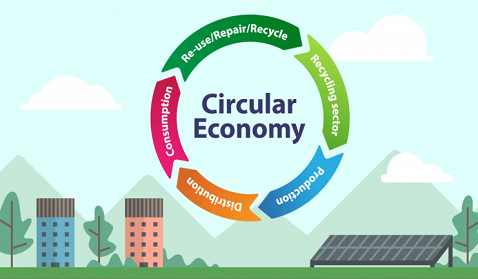A unified waste management approach across the states and territories is critical to developing a national circular economy, a new federal parliamentary report says.
Developing a national framework which features an appropriate blend of regulation, incentive-based actions, taxes and levees, and long-term policy certainty, would foster innovation and lead to new opportunities that will create jobs, grow the economy, protect the environment and improve health and well-being.
“The Commonwealth Government has a crucial role in developing this framework, most importantly in leading and coordinating national approaches, and removing the impediments to innovation,” the report says.
The From Rubbish to Resources: Building a Circular Economy report, which the House Standing Committee on Industry, Innovation, Science and Resources tabled last week, identifies six key areas for reform, including:
- Product stewardship;
- Markets and end users of recycled products;
- Infrastructure investment;
- National coordination;
- Research and data; and
- Education and awareness.
Committee chairman Barnaby Joyce said in his foreword to the report that “we must change the form of rubbish, walking it back up the ladder of utility into its reusable component parts.
“Organic rubbish can become fertiliser and methane for power. Plastic can become plastic again, steel returns to steel … burying things should be the last option … the nation must develop the front-end technology so we can recycle at the end.”
The committee has made 24 recommendations, including that the Commonwealth update the National Waste Policy Action Plan to include measures focused on the transportation and infrastructure requirements to manage national waste across regions and state borders.
It has also recommends that waste management and resource recovery be included as a standing item on the National Federation Reform Council agenda to monitor federal and state and territory progress against the National Waste Policy Action Plan 2019 and Response Strategy.
The committee also looked to maximising the opportunities offered by rural and regional communities – and has recommended that the Commonwealth assess the potential of rural and regional towns to manage and process waste, and by assisting with investment in the necessary infrastructure to support a local industry.



